The 15 Blockbuster IT Executive Moves of 2017 (So Far)
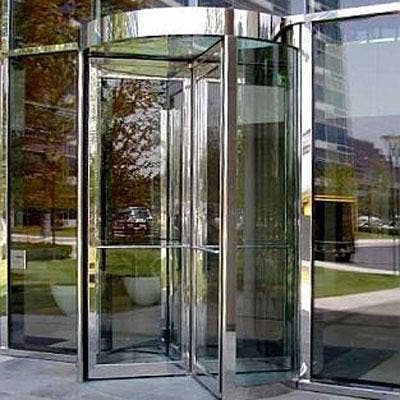
New Beginnings
Many key vendors suffered major brain drain in the first half of 2017, with the departure of CEOs from CenturyLink, Citrix, Docker and Ruckus, as well as the loss of other top leadership figures at Aruba, Dell EMC, Lenovo, Microsoft.
Other companies fared better in the executive musical chairs, with F5 and Rackspace hiring CEOs from outside their organization, and Cisco, McAfee and Tanium looking outside their companies for other top leaders.
Hewlett Packard Enterprise and RSA also benefitted from promotions or reassignments within their leadership ranks during the first six months of the year.
Read on to relive the key IT executive happenings so far in 2017.
(For more on the "coolest" of 2017, check out "CRN's Tech Midyear In Review.")

15. Mike Berry
Intel hired away FireEye Chief Financial Officer Mike Berry, appointing him CFO of Santa Clara, Calif.-based Intel Security only a week after Milpitas, Calif.-based FireEye announced Berry's departure.
Berry's hire came at a pivotal time for Intel Security, which was being spun off from parent company Intel.
The spinout included a $4.2 billion deal with private equity firm TPG and closed April 3. At that time the company reassumed the McAfee name, which it had before being acquired by Intel in 2010.
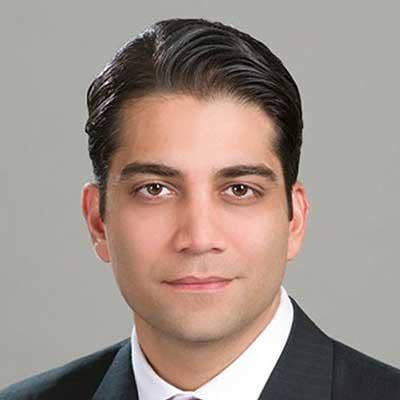
14. Fazal Merchant
Endpoint security and systems management company Tanium, based in Emeryville, Calif., hired former DreamWorks Animation executive Fazal Merchant in April to serve as both its chief operating officer and chief financial officer.
Merchant was previously the CFO at DreamWorks, where he helped lead the Universal City, Calif.-based company's $3.8 billion sale to Comcast, which was completed in August 2016.
Merchant has also held financial and investing roles at DirecTV Latin America, RBS Global Banking & Markets, and Barclays Capital.

13. Jonathan Davidson
Cisco snagged the top technologist at rival Juniper Networks in March to join its service provider business unit and senior leadership team.
Jonathan Davidson joined Cisco as senior vice president and general manager of the company's service provider networking organization. He was previously executive vice president and general manager of Juniper Development and Innovation.
Davidson reports to Yvette Kanouff, who leads Cisco's service provider business. He had been with Juniper since 2010, and before that worked for Cisco in multiple roles over 15 years, including as director of product management.
12. Rohit Ghai
RSA named former EMC Enterprise Content Division leader Rohit Ghai as its new president in January. He replaced former president Amit Yoran, who left in December to take the top job at Tenable Network Security, a Columbia, Md.-based security startup.
Ghai had been president of Hopkinton, Mass.-based EMC's Enterprise Content Division since December 2014. Dell announced in September that it planned to sell the division to Canadian information management company OpenText for $1.6 billion.
Ghai assumed the post at Bedford, Mass.-based RSA on Jan. 23, when the deal to sell the Enterprise Content Division closed.
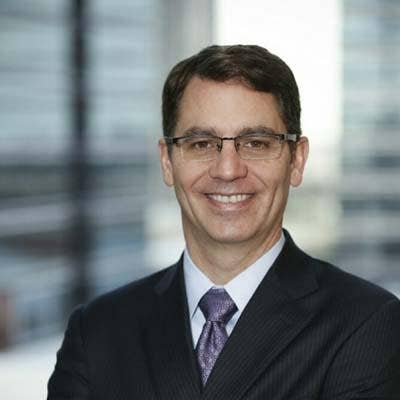
11. Joe Eazor
Former EarthLink CEO Joe Eazor was appointed in May as the new CEO of Rackspace.
Eazor officially began his tenure running the cloud hosting and managed services provider on June 12, according to a statement from San Antonio-based Rackspace. He succeeds Taylor Rhodes, who left in May to take the CEO role at Chicago-based SMS Assist, a multisite property management technology company.
Eazor previously led Atlanta-based EarthLink for three years, through the telecommunication provider's acquisition by Windstream at the end of 2016. Prior to that, Eazor ran global sales and customer operations for nearly two years at Hopkinton, Mass.-based EMC.
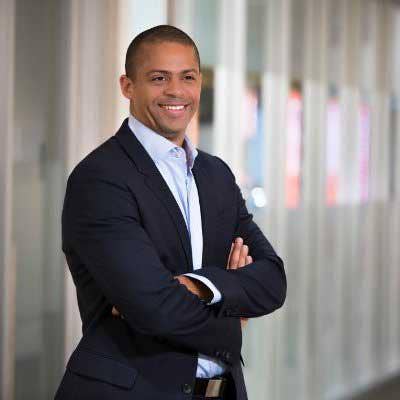
10. Francois Locoh-Donou
Francois Locoh-Donou took over as president and CEO of Seattle-based F5 Networks following the April retirement of F5 top executive John McAdam.
Locoh-Donou held leadership posts at network strategy and technology company Ciena, based in Hanover, Md., for more than a decade, most recently serving as COO. Prior to that, Locoh-Donou was senior vice president of Ciena's global products group and vice president and general manager of its EMEA business.
Before that, Locoh-Donou held research and development roles with Photonetics, a French opto-electronics company.

9. Jim DuBois
Microsoft Chief Information Officer Jim DuBois didn't return from a sabbatical as planned due at least in part to the company's reorganization.
Microsoft disclosed in early July that a new round of layoffs was underway for its sales and marketing teams, with media reports putting the number of job cuts at between 3,000 and 4,000.
DuBois had worked for Microsoft since 1993, holding a number of positions over the ensuing two decades before being named CIO in May 2013. Succeeding DuBois will be Kurt DelBene, whose title will be chief digital officer rather than CIO.
DelBene spent two decades at Microsoft before departing in 2013 for a top role overseeing Healthcare.gov. He came back to Microsoft in early 2015 as executive vice president for corporate strategy and planning.
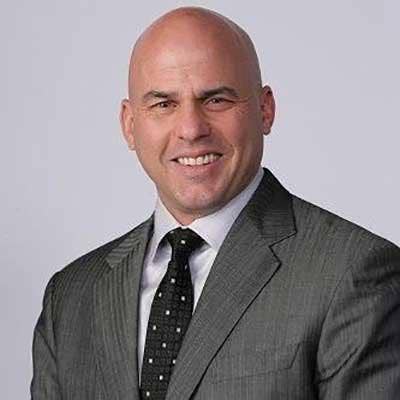
8. Gerry Smith
Lenovo lost its Chief Operating Officer last month when Gerry Smith departed the computer and mobile device company to become CEO of retailer Office Depot.
Smith served as COO at Lenovo for less than three months and had just been appointed as the head of the company's PC business in November 2016.
His departure comes amidst a number of executive moves at the Beijing-based company. Chris Frey, Lenovo's commercial sales chief, left the company in October after just 18 months in the position.
Lenovo hired former Intel senior vice president Kirk Skaugen in November as Data Center Group president.
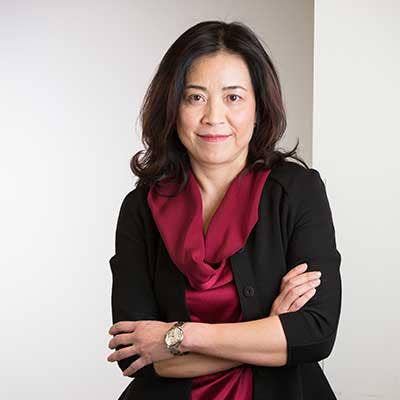
7. Selina Lo
Selina Lo, the CEO of Ruckus Wireless since 2004, departed the company at the end of May.
The departure followed the sale of Sunnyvale, Calif.-based Ruckus to Brocade Communications in May 2016 for $1.2 billion – and the news that Ruckus will again change hands later this summer, ultimately coming under the ownership of Suwanee, Ga.-based Arris International.
Lo oversaw the growth of Ruckus into a nearly $400 million wireless vendor, and led the company through its initial public offering in 2012 – and more recently through a period of change and uncertainty.
Brocade said that Lo is entering retirement, with Ruckus COO Dan Rabinovitsj taking control of the Ruckus business unit inside Arris. Prior to Ruckus, Lo was vice president of marketing and product management for Alteon Websystems, which went public in 1999 and was acquired by Nortel in 2000 for $7.8 billion.
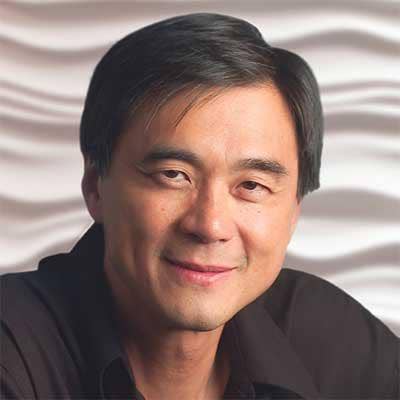
6. Dominic Orr
Dominic Orr, 66, retired as president of Aruba Networks in January after a decade with the Santa Clara, Calif.-based networking giant.
Orr's departure comes nearly two years after Aruba was acquired by Hewlett-Packard, now Hewlett Packard Enterprise, in a $3 billion deal.
Aruba's sales organization – including marketing, business operations, customer advocacy, operations, and supply chain – began reporting to company founder and CTO Keerti Melkote in February. Melkote was previously responsible only for Aruba's technology strategy.
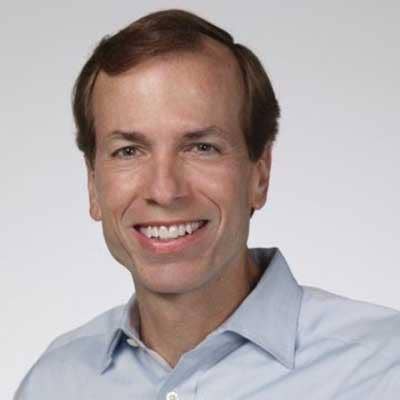
5. Bill Rodrigues
The president of Dell EMC North America, Bill Rodrigues, departed in April after 18 years at the company. Taking over the role as of May 8 was David Schmoock, president of Dell's end-user computing business.
Rodrigues is credited with serving as an advocate for the channel during a crucial period for Dell. He was initially hired as a vice president and general manager to head the Round Rock, Tex.-based company's K-12 education business.
Prior to that, Rodrigues spent 21 years at IBM, including serving as general manager for global education in North America.
Schmoock has spent a total of 14 years with Dell. His first stint with Dell lasted from 1997 to 2006, before departing to become chief information officer and senior vice president of Lenovo Singapore. Schmoock ultimately became president of Lenovo North America, before returning to Dell in November 2012.

4. Glen Post
CenturyLink said that CEO Glen Post, who has led the company for the past 25 years, will be stepping down. Jeff Storey, Level 3 Communications' current president and CEO, will take the helm of the newly-merged company when CenturyLink closes its pending acquisition of Level 3.
Storey will join the newly combined company as president and chief operating officer. Post will stay on as CEO after the deal closes until Jan. 1, 2019, after which Post will become executive chairman of the company's board of directors, according to the two companies.
Monroe, La.-based CenturyLink's $34 billion cash and stock purchase of Broomfield, Colo.-based Level 3 is expected to close by Sept. 30.
Post has been focused on bolstering network and cloud services and building the carrier's presence in the enterprise space. CenturyLink and Level 3 have emphasized that the combined company would earn 76 percent of its revenue from business customers.
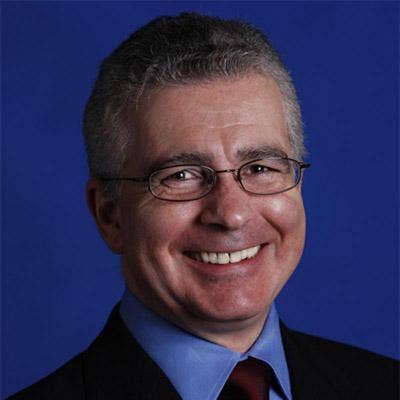
3. Kirill Tatarinov
Kirill Tatarinov vacated the president and CEO role at Fort Lauderdale, Fla.-based Citrix Systems in July following "a mutual separation decision," according to the company. Citrix gave no additional details about the reasons for the management change.
Tatarinov was hired by Citrix just 18 months earlier following more than 13 years leading Microsoft's system center and business solutions divisions. He replaced former Citrix CEO Mark Templeton, who stepped down after Citrix went through a turbulent year.
Tatarinov will be replaced by David Henshall, currently the company's CFO and chief operating officer. The company made it clear that its appointment of Henshall as the new president and CEO was not a temporary measure.

2. Ben Golub
Docker co-founder Ben Golub moved to the company's board of directors in May, with board chairman Steve Singh becoming the company's CEO.
Golub said in a blog post that his "heart lies in startups" and that "different leaders are needed at different stages in a company's history." Golub worked at six different startups before joining Docker, holding the CEO role at three of those startups.
Golub had been Docker's CEO since April 2013, growing the open-source software container platform developer to 330 employees with millions of developers using its technology.
Singh was president of SAP's Business Networks and Applications operations until late April. He joined SAP when it acquired Concur in 2014.
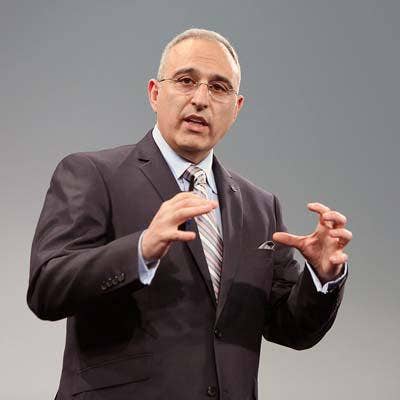
1. Antonio Neri
Antonio Neri, the principal architect of Hewlett Packard Enterprise's software-defined hybrid IT buildout, was promoted to president in June. Neri was previously executive vice president of the $28 billion, Palo Alto, Calif.-based company.
Neri, who was the driving force behind HPE's recent acquisitions of SimpliVity and Nimble, will now oversee a new "HPE Next" growth and profitability initiative aimed at streamlining and optimizing the company.
A 22-year veteran of the company, Neri has worked in every major part of the legacy HP business – from PCs to printers to services – to now overseeing the mainstay enterprise business.
In announcing Neri's promotion, HPE CEO Meg Whitman noted that he has led some of the company's most important business initiatives.